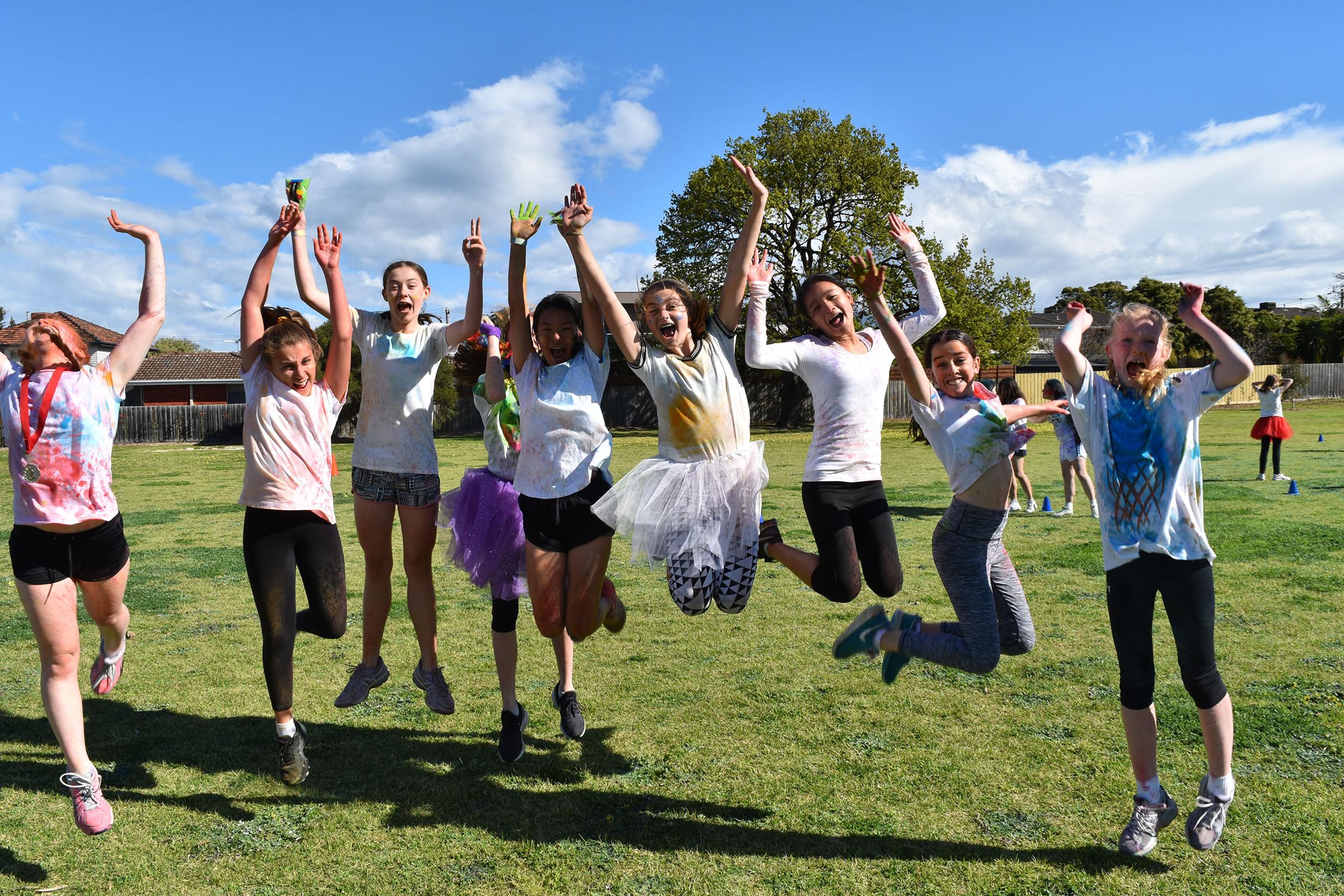Wellbeing

The College has a Student Wellbeing program which aims to assist students and parents in need of emotional or financial support and to make referrals to external agencies. The Student Wellbeing Coordinators work with student managers, staff and various organisations to coordinate and provide these programs and develop and implement a number of wellbeing policies.
Orygen
Orygen is the National Centre of Excellence of Youth Mental Health. They produce excellent resources. The most recent was a guide to coping with self harm for parents and carers. It can be found on the website: www.orygen.org.au
Parenting Ideas
When relationships go wrong for girls
Girlhood relationships are so important, yet they can be both wonderful and awful in the same week. A friendship fallout hurts, but children need to know that arguing doesn’t have to be the end of the friendship. Developmentally, some squabbling is vital because it helps kids learn about respectful conflict resolution. Here’s how parents can help at these difficult times:
Listen to their story
When inevitable conflict arises, girls can often get caught in a ‘rumination loop’ replaying the scene over in their minds, like a song stuck on repeat, which makes things feel catastrophic. As a girl’s brain is still learning how to interpret some responses, she may be misinterpreting a friend’s words or signals. If this is the case, ask her to look for evidence to support her interpretation. Suggest your daughter talks to her friend privately in an assertive way. Help her plan the conversation beforehand, starting with ‘I’ words, which encourage her to own her feelings. She could say, ‘I felt let down when …’ Model apologies at home. Help her think of ways to say, ‘I’m sorry. Can we fix this?’
Discuss the shifting nature of friendships
Relationships don’t always last. As girls grow their tastes and interests change. They want to explore the possibilities of new people and activities. This often leads to hurt when one girl is not ready for a shift.
Parents can help by explaining that changes in friendships are a part of growing up (although never an excuse for meanness). Rather than simply dismissing a girls’ feelings as silly, acknowledge the hurt and gently reassure her there are many new, interesting people she will meet.
Expand her village
Ensure your daughter has friends in a few settings – a neighbour, a team mate, a family friend. They can provide a different connection and helps girls realise they are not alone.
Discuss toxic friendships
Most girls will experience the pain of interacting with a toxic ‘friend’ during their school years. This type of interaction is called relational aggression and serves to damage a person’s sense of social place. For instance, a girl may appear to be friendly but she may use passive-aggressive strategies such as gossip, ostracism and online exclusion. These actions can be very confusing, leading to feelings of shame and loneliness.
When not given healthy ways to express their pain, girls can often internalise their emotions in unhealthy ways like such as through self-harm, anxiety, eating disorders and self-loathing.
Allow her to express hurt
Allow your daughter the chance to process pain, vent or cry when they are hurting. Adults may not be able to change a toxic person’s behaviour, but shouldn’t underestimate the power of listening and being available. Don’t assume that you know what your daughter needs. Rather ask, “What do you need from me in this situation?” When a relationship problem escalates it may need to be taken to the school for further intervention.
Provide growth opportunities
Help your daughter develop the skills for developing healthy friendships. Explicitly teach your daughter to think about what compassion, kindness and empathy look like in a friend. This helps her recognise what it means to be a good friend herself.
Helping girls manage friendship issues can be exhausting so parent self-care becomes a priority during these times. Girls benefit enormously from having a caring, emotionally healthy adult in their lives who can support them and help them process their thoughts and emotions when peer relationships turn sour.
Collett Smart is a psychologist, qualified teacher and author of ‘THEY’LL Be OKAY: 15 Conversations To Help Your Child Through Troubled Times’. Collett has over 20 years’ experience in private/public schools, as well as in private practice. She appears regularly in the media as an expert in teen and family issues, has delivered psychology seminars worldwide and is an Ambassador for International Justice Mission Australia.
Upcoming events
RU OK Day Thursday 12 September
World Mental Health Day Thursday 10 October
